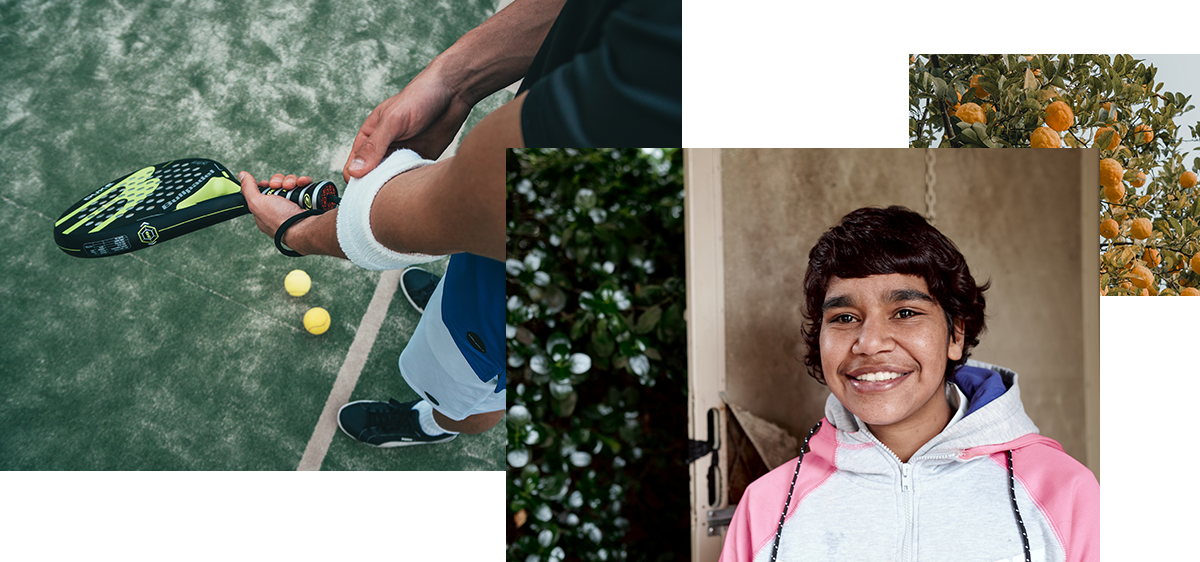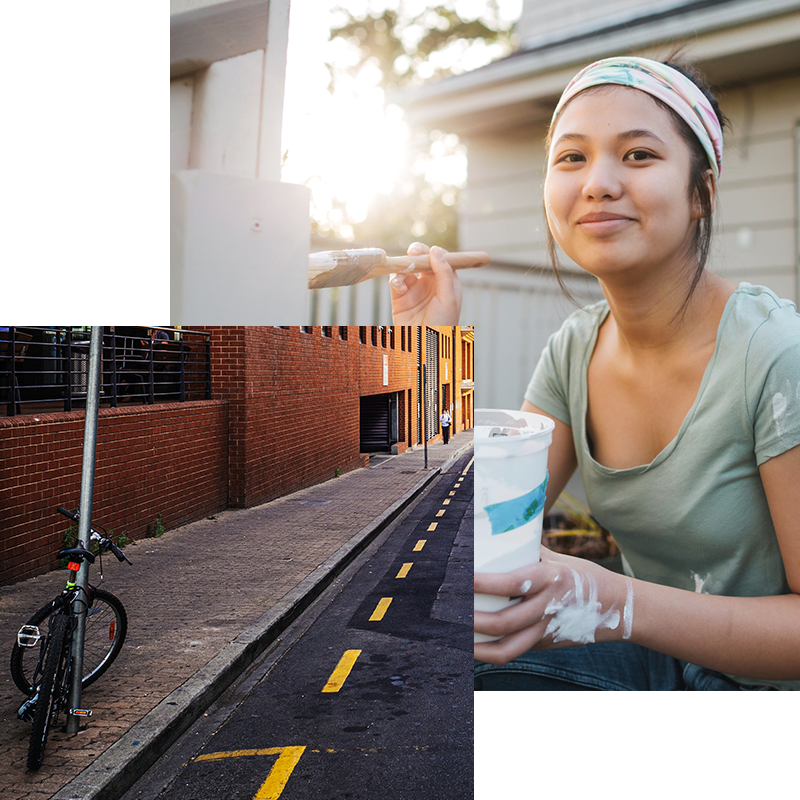The Learner's Journey Social Lab
Learning Creates is coordinated a national Social Lab that brought people together from different sectors and communities around Australia - young people, teachers, government, education and business leaders, policy makers and parents - to explore a new way to redefine learning success for young people that is trusted and understood by the community, and that has social and economic currency.
Launched in October 2020, the Social Lab aimed to recognise, learn from and build on existing innovations to surface new approaches, prototype solutions and identify opportunities for improved policy and practice.
We envisage one recognition system with many pathways.
Within the Social Lab we established diverse, multi-disciplinary teams to prototype new ideas that strategically respond to our challenge question and reimagine learning pathways for 15 - 19 year olds. Solutions are inclusive of the needs of all young people and designed particularly to address the challenges faced by those who experience disadvantage within the current dominant systems.
Our challenge question
The Social Lab is unlock solutions to our challenge question:
How might we develop a new and trusted way to recognise learning that enables every young person to thrive in learning, work and the community?
The challenge question framed up the problem we aimed to solve and enabled a strategic approach to the development of prototype solutions. It was not developed in isolation but has been shaped, tested and refined with 80+ people from across our community and the learning ecosystem.
FIT-FOR-PURPOSE IN THE REAL WORLD
Solutions grounded in equity
The work of the Social Lab is grounded in the journeys of learners who face disadvantage within the current dominant systems and will explore how we could better recognise and assess learning from their perspective through four lenses. Starting from this place of equity, we went about designing solutions that are fit-for-purpose and inclusive of the needs of all students - no matter who they are, where they live or what school they attend.

Learner as the person

Learning in a setting

Learning in a place

First Nations led-learning
STRATEGIC FOCUS
One recognition system, many pathways

Through a deeper understanding of the journeys of learners, particularly those who experience disadvantage, teams within the Lab prototyped solutions that could be integrated into a new system of recognition and that captured a broader picture of who young people are, what they know and can do.
Identified and refined from our engagements and research to date, the elements of the new recognition system we asked prototyping teams within the Lab to consider are:
- Preparing learners for opportunities in the new economy and future of work
- Consideration of a broader set of capabilities and skills across social, emotional and cognitive learning
- Integration of in-school and out-of-school learning experience
- First Nations systems of learning (self-determined)
- + other potential themes discovered in Cycle 1
THE SOCIAL LAB PROCESS
The cycles of work
The Social Lab consisted of three cycles of work, including:
Cycle 1
Exploring recognition of learning themes through an equity lens
Cycle 1 built an understanding of the journeys of learners who experience significant disadvantage within the current education system. Teams explored key themes of recognition of learning through these learner’s perspectives. Thinking was developed, tested and challenged to identify the requirements and specifications of prototypes to be built in Cycle 2.
Oct - Dec 2020
Cycle 2
Designing a portfolio of promising prototypes that better recognise learning
Cycle 2 built on the thinking and prototypes established in Cycle 1. Teams developed, tested and iterated on prototype solutions in collaboration with community partners and stakeholders. Testing revealed which prototypes showed promise and viability for scale and adoption nationally.
Feb - May 2021
Cycle 3
Establishing a new, valued, system of recognition built on trust
Cycle 3 took promising prototypes and prepared them for wider use and adoption. Teams built trust with key stakeholders who could support in the uptake and scaling of solutions. Teams explored how solutions might be integrated as part of a new, valued system of recognition.
Jun - Sep 2021
Collaboration between the teams was crucial to the work. All teams were enabled to connect and share learning with one another through the tools and rhythms of the project - particularly at sprint and cycle reviews.
By the end of the three cycles, we aimed to have a portfolio of working demonstrations that showed how the solutions can be scaled.
'It goes beyond collaboration - to forming a network that really has the same moral purpose, intent and can build trust and collective agency.’

THE SOCIAL LAB PEOPLE
The people and teams delivering the work
The Social Lab will bring together different people from across the learning ecosystem and Australian society that bring a mix of lived experience, technical expertise and unique perspectives to the work.
Prototyping teams were the hands-on drivers of the Social Lab. They were diverse, multidisciplinary and cross-sectoral by design. They worked collaboratively and were empowered to self-organise, drive, and have ownership over the ideas and solutions developed. They weren’t just the doers - but also leaders of the work.
Prototyping teams didn't work in isolation but were surrounded by a series of supporting and enabling people, groups and community partners. These included - Team Convenors and Coaches, Lab Champions, Community Partners, a Research Panel, Community Leadership Panel, Government and Policy Panel and an Employer Panel.
This network of people, communities and partners helped to ensure solutions were scalable, affordable and practical, have the support of the community and addressed existing barriers.
SOCIAL LAB METHODOLOGY
What is a Social Lab?
We recognise that a complex problem needs a disciplined response - one that is emergent and underpinned by evidence.
The Social Lab method has evolved over twenty years and been applied to global challenges including food sustainability, homelessness and childhood malnutrition. A Social Lab is a method for addressing complex social challenges that has three core characteristics, they are:

Social
They bring together diverse participants from across different sectors of society to work in a team that acts collectively. Stakeholder involvement is participatory and goes beyond consultation.

Experimental
Are ongoing and sustained efforts that take an iterative approach to addressing challenges, prototyping ideas and exploring a portfolio of promising solutions.

Systemic
Ideas and initiatives developed and released aspire to be systemic in nature. They aim to address the root cause of a problem
